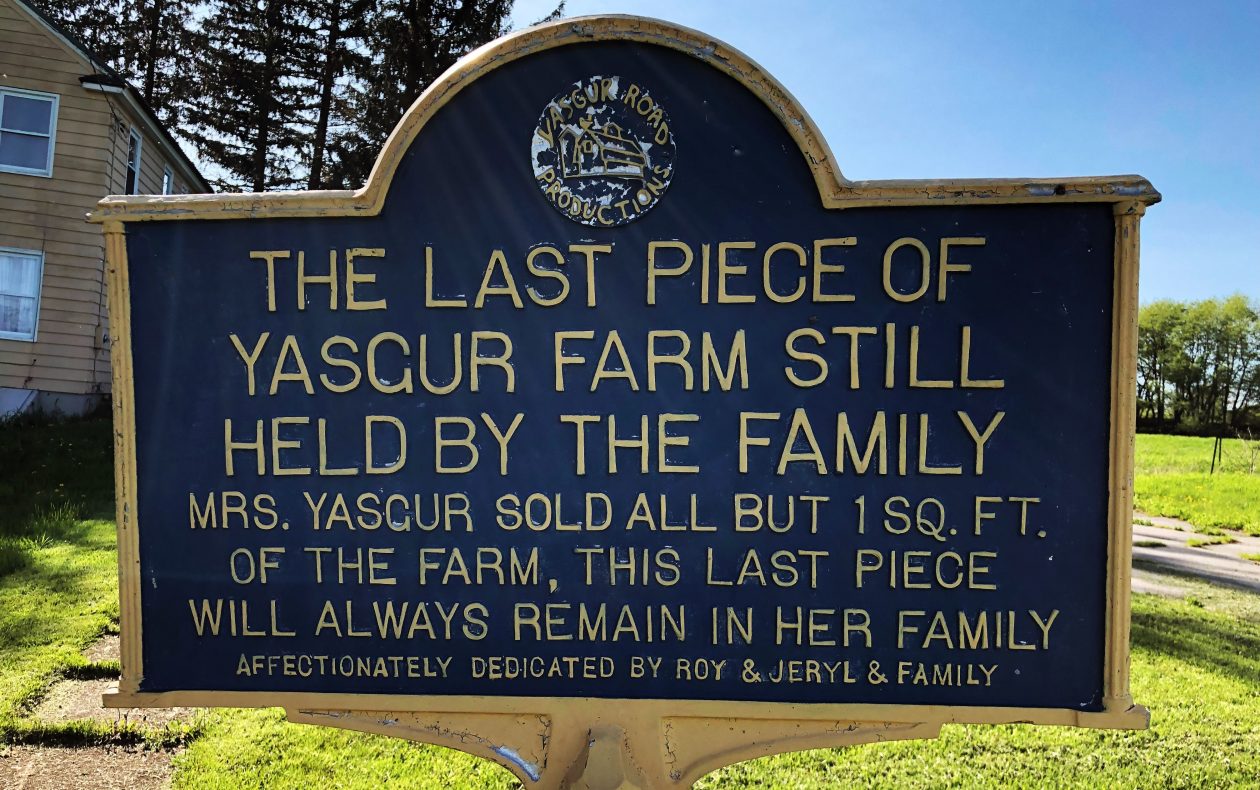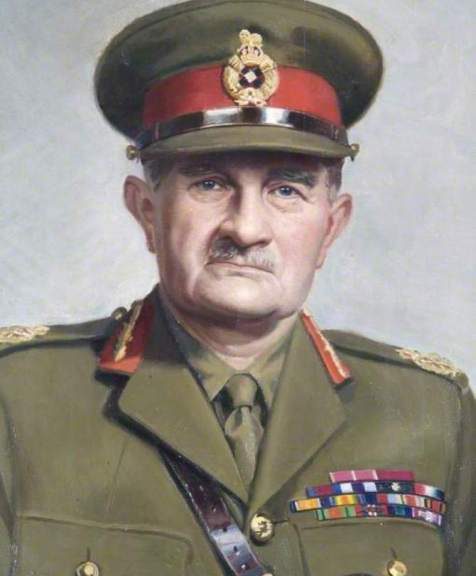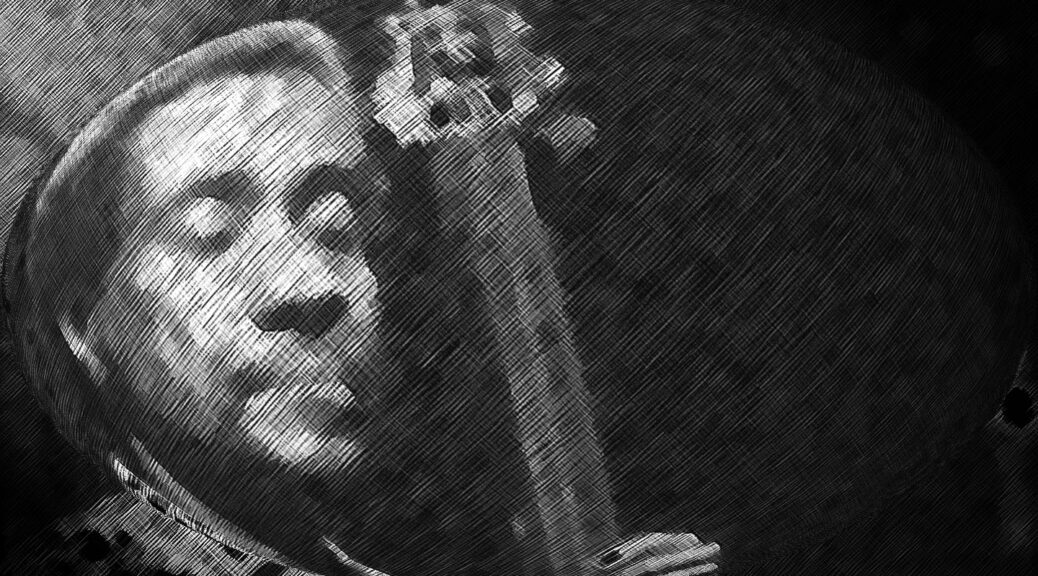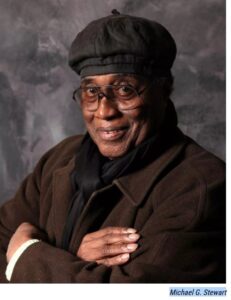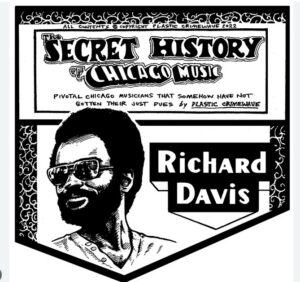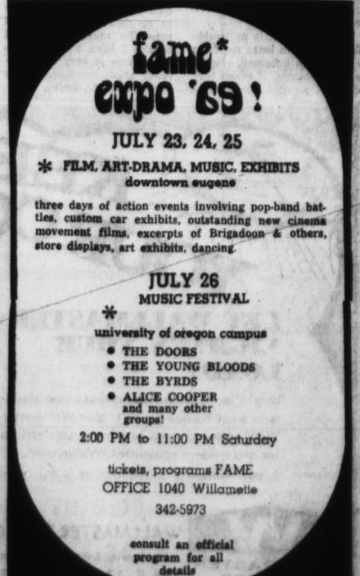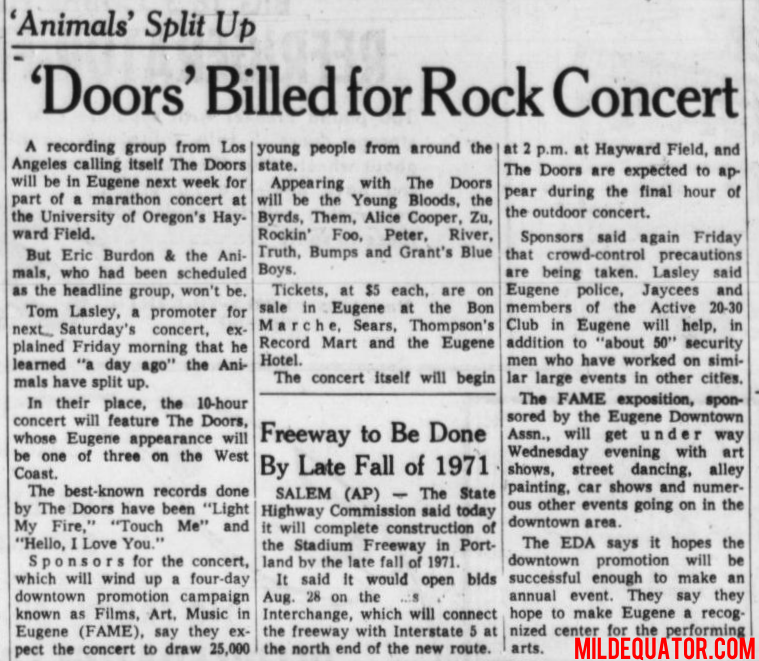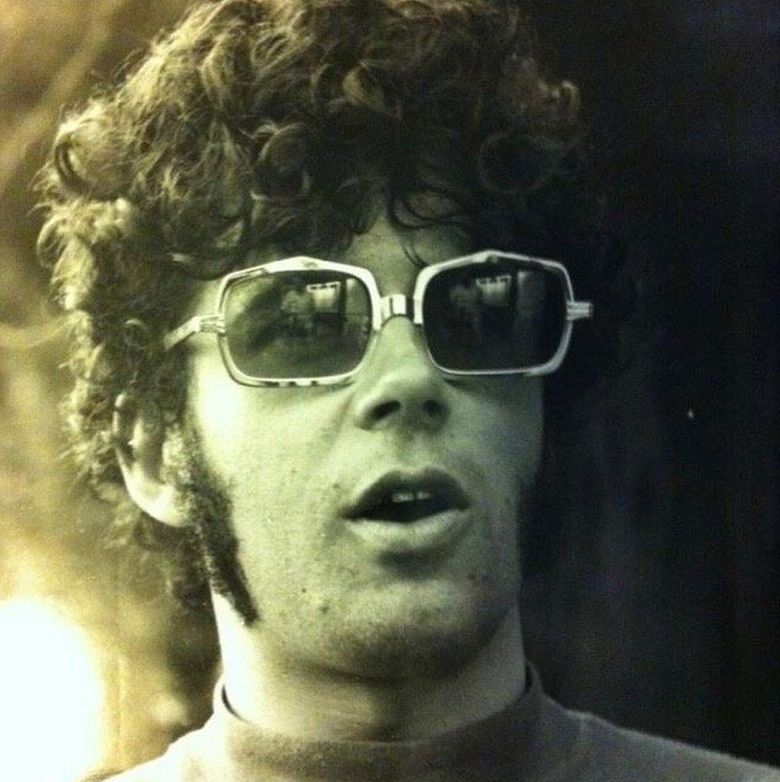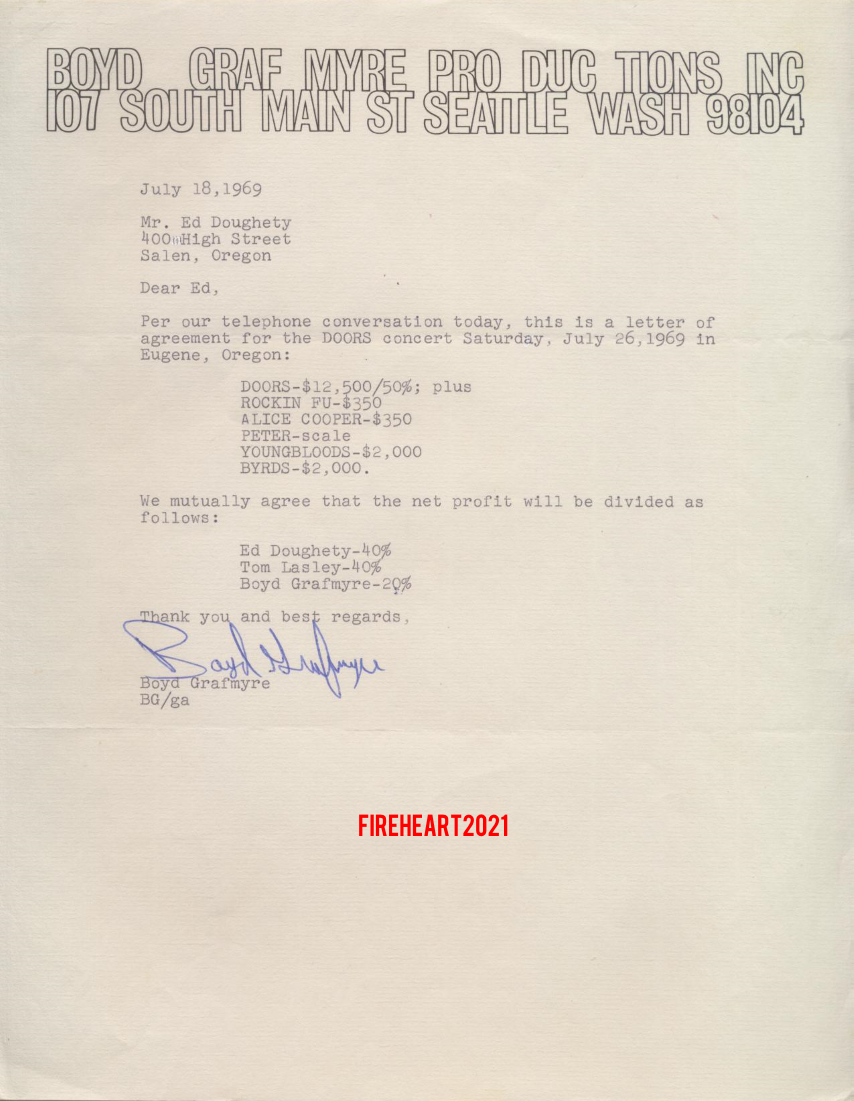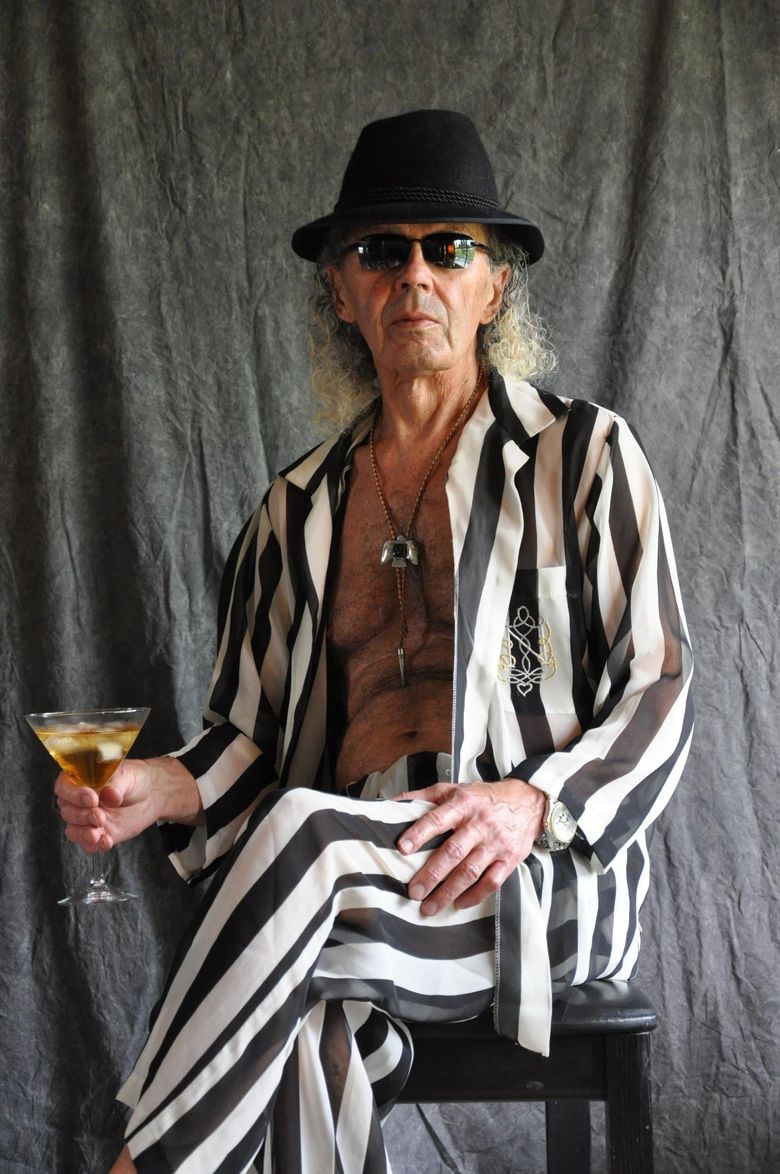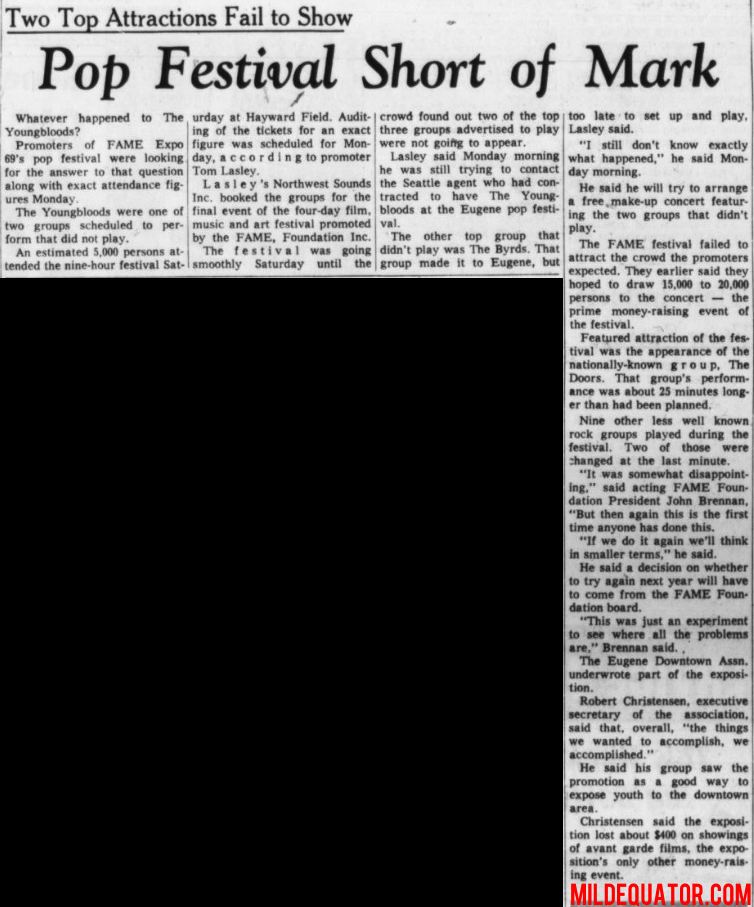September 13 Peace Love Art Activism
BLACK HISTORY
Slave Revolts
September 13, 1663: first serious slave conspiracy in colonial America. White servants and black slaves conspired to revolt in Gloucester County, VA, but were betrayed by a fellow servant. (see Encyclopedia Virginia article) (next BH & SR, see October 20, 1669; also see SR for expanded slave revolt chronology)
Oberlin, Ohio citizens
September 13, 1858: a group of Oberlin, Ohio citizens stopped Kentucky slave catchers from capturing John Price, a black man. Oberlinians, black and white, pursued the abductors to nearby Wellington at word of Price’s kidnapping and took him back, later helping him across the Canadian border to freedom. [Black Past article] (see Sept 17)
James H Meredith
September 13, 1962: the US District Court for the Southern District of Mississippi reordered the University of Mississippi to enroll Meredith. (see September 20, 1962)
Attica Prison Riot
September 13, 1971: state troopers dropped tear gas into the Attica prison while other troopers opened fire on a group of over 1,200 inmates. In the chaos, the police gunfire killed 10 hostages and 29 inmates Another 80 people were seriously wounded, the majority of them inmates, in what became the bloodiest prison uprising in U.S. history. Adding to the death toll were three inmates and a guard who had been killed earlier during the riot.
“We are men. We are not beasts, and we do not intend to be beaten or driven as such.” –L.D. Barkley, a 21 year-old prisoner serving time for breaching parole by driving without a license; he died in the assault, shot 15 times at point-blank range. (BH & Attica, see Sept 17)
George Wallace
September 13, 1998: George Wallace died. [NYT obit] (see Sept 17)
School Desegregation
September 13, 2013: nearly a week after the University of Alabama came under fire for persistent segregation in its sorority system, school officials announced a deal that would clear the way for black women to be admitted to the school’s prestigious and historically white Greek organizations. The deal was the first step toward ending more than a century of systematic segregation in the school’s sorority system. (Time story) (BH, see Oct 15; SD, see March 21, 2014)
Laquan McDonald
September 13, 2018: lawyers finished choosing 12 jurors and five alternates for CPD officer Jason Van Dyke’s murder trial. Mayor Emanuel and Illinois’ attorney general Lisa Madigan meanwhile unveiled an updated plan to reform the city’s police, saying it would ensure permanent, far-reaching changes within a 12,000-officer department that has a long history of committing serious civil rights abuses. The more than 200-page document was submitted to U.S. District Judge Robert Dow for his consideration. (B & S and McDonald, see Oct 5)
September 13 Peace Love Art Activism
Vietnam
September 13, 1945: in accordance with the Potsdam Agreements at the end of World War II, 5,000 British troops of the 20th Indian Division, commanded by Gen. Douglas Gracey, arrived in southern Indochina to disarm the defeated Japanese forces Gracey detested the Viet Minh and rearmed some 1,400 French soldiers who had been imprisoned by the Japanese. This effectively was the first step in the re-establishment of French colonial rule and set the stage for the conflict between the French and the Viet Minh that led to a nine-year war. (see Sept 23)
South Vietnam Leadership
September 13 – 14, 1964: before dawn on September 13, 1964, a coup attempt headed by Generals Lâm Văn Phát and Dương Văn Đức threatened the ruling military junta of South Vietnam, led by General Nguyễn Khánh.
Generals Lâm Văn Phát and Dương Văn Đức sent dissident units into the capital Saigon. They captured various key points and announced over national radio the overthrow of the incumbent regime. With the help of the Americans, Khánh was able to rally support and the coup collapsed the next morning without any casualties.(V, see Sept 30; SVL, see Dec 19)
September 13 Peace Love Art Activism
September 13 Music et al
Payola
September 13, 1960: the Federal Communications act in the USA was amended to outlaw payments of cash or gifts in exchange for airplay of records. (see June 1, 1961)
Yesterday
September 13, 1965: Beatles released Paul McCartney ‘s composition ‘Yesterday‘ as a single in the US. The final recording was so different from other works by The Beatles that the band members vetoed the release of the song as a single in the United Kingdom. (However, it was issued as a single there in 1976.) (see Sept 25)
Second Big Sur Folk Festival
September 13 – 14, 1965: The Second Big Sur Folk Festival. (see July 10, 1966)
Featuring:
- Joan Baez
- The Incredible String Band
- John Sebastian
- Delanie and Bonnie
- Dorothy Morrison and the Comb Sisters
see Big Sur for more
September 13 – 14, 1969: Sixth Big Sur Folk Festival. Made into a movie: Celebration at Big Sur (Festival, see Oct 4; Big Sur, see Oct 3, 1970)
see Toronto Rock and Roll Revival for more
September 13, 1969: The Toronto Rock and Roll Revival (Varsity Stadium, at the University of Toronto) over 20,000 attended. The appearance of John Lennon, Yoko Ono and The Plastic Ono Band was not publicly known in advance. It was Lennon’s first-ever public rock performance without one or more of the Beatles since meeting Paul McCartney in 1957. He decided before returning to England to leave the Beatles permanently. (Beatles, see Sept 20)
September 13 Peace Love Art Activism
Native Americans
September 13, 1976: in 1975, twenty-seven Native Alaskan high school students sued the state of Alaska for failing to provide secondary education in their villages. The students argued that the state was violating their right to education, which was guaranteed by the Alaska Constitution and the Equal Protection Clause of the United States Constitution.
The case, Tobeluk v. Lind was settled on September 13, 1976, when the State of Alaska agreed to build secondary schools in rural Native villages. The victory came after nearly a century of inequality and discrimination in the state. [EJI article]
International Treaty Conference
In 1977 the American Indian Movement sponsored talks resulting in the International Treaty Conference with the U.N. in Geneva, Switzerland. [UN article]
Indigenous People’s Day
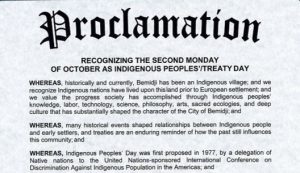 In 1977, the idea for an Indigenous People’s Day (also known as Native American Day as a counter-celebration to Columbus Day began. The purpose of the day was to promote Native American culture and commemorate the history of Native American peoples.
In 1977, the idea for an Indigenous People’s Day (also known as Native American Day as a counter-celebration to Columbus Day began. The purpose of the day was to promote Native American culture and commemorate the history of Native American peoples.
Indigenous People’s Day is usually held on the second Monday of October, coinciding with federal observance of Columbus Day.
Congressional intervention
During 1977 – 1978 Congress passed approximately 50 laws that helped redefine tribal issues regarding water rights, fishing rights and land acquisition. Some land was returned to the tribes, and issues of self-governance were further clarified. (see Feb 11 to July 1978)
Iran–Contra Affair
September 13, 1985: Iran received 508 US-made Tow missiles, as part of secret arms-for-hostages deal with US. [PBS story on I-C A] (see January 17, 1986)
September 13 Peace Love Art Activism
ADA
September 13, 1988: the Fair Housing Amendments Act of 1988 expands on the Civil Rights Act of 1968 to require that a certain number of accessible housing units be created in all new multi-family housing. The act covered both public and private homes and not only those in receipt of federal funding. [HUD article] (see March 12, 1990)
September 13 Peace Love Art Activism
Feminism
September 13, 1994: the Violence Against Women Act of 1994 (VAWA) signed by President Bill Clinton. The Act provided monies toward investigation and prosecution of violent crimes against women, imposeed automatic and mandatory restitution on those convicted, and allowed civil redress in cases prosecutors chose to leave un-prosecuted. The Act also established the Office on Violence Against Women within the Department of Justice. Its coverage extended to male victims of domestic violence, dating violence, sexual assault, and stalking. [US DoJ article] (Feminism, see, Sept 28, 1994; VAWA, see May 15, 2000)
September 13 Peace Love Art Activism
DEATH PENALTY
September 13, 1994: President Clinton signed crime bill making dozens of federal crimes subject to death penalty. [PBS timeline re death penalty] (see February 8, 1995)
September 13 Peace Love Art Activism
Cannabis
September 13, 2018: Canadians who work in the cannabis industry — and those who invest in it — risked a lifetime ban on travel to the U.S., according to a senior official overseeing U.S border operations.
Todd Owen, executive assistant commissioner for the Office of Field Operations, said that the U.S. Customs and Border Protection agency would continue to apply long-standing U.S. federal laws and regulations that treat marijuana as a banned substance — and participants in the cannabis industry as drug traffickers — who are inadmissible into the U.S. [Politico article] (next C, see Oct 17 or see CCC for expanded cannabis chronology)
September 13 Peace Love Art Activism
Immigration History
Increased Immigration
September 13, 2018: a Brookings Institution analysis of that Census Bureau’s figures for 2017 showed that the foreign-born population in the United States had reached its highest share since 1910.
For years newcomers tended to be from Latin America, but the Brookings analysis of that data showed that 41 percent of the people who said they arrived since 2010 came from Asia. Just 39 percent were from Latin America. About 45 percent were college educated, the analysis found, compared with about 30 percent of those who came between 2000 and 2009. [New Republic article] (see Oct 2)
DACA
September 13, 2023:Judge Andrew Hanen, of the Southern District of Texas ruled that a regulation intended to preserve the Obama-era Deferred Action for Childhood Arrivals (DACA) program was unlawful.
The Biden administration had moved to preserve the program – which protects undocumented immigrants who were brought to the US as children – and released a rule to codify the policy into a federal regulation.
But Judge Hanen maintained that DACA was unlawful and argued the rule violated the Administrative Procedure Act, a law that governs how agencies make regulations. The order doesn’t impact current beneficiaries of the program. [CNN article] (next IH, see Oct 5; next DACA, see )
September 13 Peace Love Art Activism
Sexual Abuse of Children
September 13, 2019: after a yearlong statewide investigation into clergy sexual abuse, Missouri Attorney General Eric Schmitt announced that he would refer a dozen men who previously served as Roman Catholic clergy for potential criminal prosecution.
The investigation found that 163 priests or clergy members were accused of sexual abuse or misconduct against minors.
“Sexual abuse of minors by members of Missouri’s four Roman Catholic dioceses has been a far-reaching and sustained scandal,” Schmitt said. “For decades, faced with credible reports of abuse, the church refused to acknowledge the victims and instead focused their efforts on protecting priests.” (next SAoC, see Dec 4)
September 13 Peace Love Art Activism
US Labor History
September 13, 2024: about 33,000 union members at Boeing walked off the job after they overwhelmingly rejecting a proposed four-year contract with the troubled aircraft manufacturer.
The strike, the first at the company in 16 years, will virtually stop commercial airplane production at one of America’s biggest manufacturing giants and its largest exporter, dealing a potential blow to the US economy. Depending on the length of the strike, it could cause problems for nearly 10,000 Boeing (BA) suppliers, which can be found in all 50 US states. [CNN article] (next LH, see Oct 1)
